It’s nearly unfathomable a sitting President would send himself highly classified, top secret documents for his own “personal use” after office, claiming they are his and not the government’s.
It’s even more preposterous the government would demand their return yet he would fail to turn back over everything he had, and then in the process have his lawyers lie about that. This of course would then lead to an FBI search of his property and a recovery effort that would turn up over 100 more such highly sensitive documents.
And then, this kicker: It turns out, Trump might still have even more top secret documents stashed away.
In a report out yesterday by The New York Times, the Justice Department apparently believes the former President still has more documents left unreturned.
Jay Bratt, who is head of the Department’s counterintelligence operations, told Trump’s lawyers as much in recent weeks, conveying that the Department believed Trump still had not returned all the documents he took with him from the White House, according to two people who were briefed on the matter.
It’s not clear whether this belief arises from any new evidence they have gathered, nor is it clear what steps the Department may take next.
But here’s what we do know:
We already know the first recovery effort turned up dozens of empty file folders that had previously contained classified documents. Specifically, the FBI retrieved 43 empty folders with classified markings, alongside 28 empty folders labeled "return to staff secretary or military aide."
We also know Trump liked to travel with boxes of documents with him, sometimes from one of his properties to another property. In May of 2021, there was footage of him transporting cardboard boxes on a private jet heading to this Bedminster club and residence in New Jersey, though we don’t know what those boxes contained.
And we know from recent court filings the Department is still trying to determine whether any documents are unaccounted for, hampered in part by Judge Aileen Cannon’s bizarre order that barred the Department from accessing the documents they recovered from Mar-a-Lago, at least until that part of her order was reversed by the Eleventh Circuit.
The possibility of still missing documents has created a strategic split among Trump’s lawyers.
Some such as Christopher Kise, to whom Trump paid an advance retainer of $3 million, want him to cooperate with the authorities and hire an outside forensics firm to search for missing documents.
Other attorneys have advised Trump to resist the inquiries and fight back.
Guess which side has won out.
But fighting back has put Trump in a tricky legal position. He is now before a special master—one he requested—and could be ordered to attest under oath no other documents exist in his possession.
The Justice Department could subpoena him again, or it could simply file a motion for return of the documents. Special Master Dearie so far has not demonstrated much sympathy for Trump’s lack of clarity on this and other matters, including whether he did or did not “declassify” documents en masse.
Assuming there really are missing documents still out there, what does this mean for Trump’s legal exposure?
One of the charges he might soon face is obstruction under 18 U.S.C. 1519. That statute carries with it a heftier penalty—up to 20 years—than even the other crimes the Department is now investigating, i.e. concealment and removal of government property (18 U.S.C. 2071) and illegally gathering defense information (18 U.S.C. 793).
The obstruction statute reads:
"Whoever knowingly … covers up, falsifies, or makes a false entry in any record …with the intent to impede, obstruct, or influence the investigation or proper administration of any matter within the jurisdiction of any department or agency of the United States … shall be fined under this title, imprisoned not more than 20 years, or both."
There are already several publicly known facts that make an obstruction charge more likely for Trump.
These include the following:
After the National Archives recovered 15 boxes of documents from Mar-a-Lago earlier this year, Trump instructed his now former attorney Alex Cannon (no relation to Aileen) to certify all of the requested materials the Archivist had requested had been returned from Mar-a-Lago.
Cannon had worked on this troubling matter since 2021. In that time he experienced quite a bit of what Trump is really like as a client, and, to no one’s surprise, was uncertain he had actually gotten every responsive document from him.
Given this uncertainty, Cannon ultimately refused to make this requested certification. That’s when Trump told Cannon to stop working on the matter.
We now know Cannon was right not to sign his name to the certification because some 200,000 pages of documents were still in storage in Mar-a-Lago—including 100 documents marked as classified—which were recovered by the FBI.
Trump, of course, knew the documents were still there, with many of the most sensitive ones in his own office and desk drawers. Trump’s instruction to Cannon to say it had all been returned thus amounted to a request to have him lie to the National Archives.
That shows both knowledge and intent under the obstruction statute.
Later, when Jay Bratt had to personally come to Mar-a-Lago to retrieve even more documents, Trump’s lawyers handed him a Red Weld containing what was supposed to be the remainder. Trump’s lawyer, Christina Bobb, certified in writing this was it, there were no more documents.
But that declaration, in writing, was also false, as the search and recovery of still more documents in August demonstrated. Bobb has now had to hire her own counsel because she may become a defendant in a case charging a conspiracy to obstruct the investigation.
And now, it seems there may still be more documents out there.
If so, and if Trump is hiding them, everyone who is helping him could be charged as part of a widening conspiracy. That means many more potential pressure and leverage opportunities for the Justice Department.
Most of these lawyers are relatively new on the Trump team, and they therefore aren’t as likely to fall on their swords and remain loyal subjects when their own legal exposure is so high.
It isn’t ultimately clear when—or even whether—Trump will face an indictment for his theft of government secrets and his obstruction of the investigation to recover them. But many legal observers, most of whom admittedly are strong critics of the former President, are growing more confident that such an indictment will issue.
Harvard Professor Laurence Tribe has now predicted Trump will be indicted sometime after the midterms, once the “sideshow” of the Special Master is done away with by the Eleventh Circuit.
Former GOP attorney George Conway recently opined he didn’t believe it would take long for the Department to put together a classified documents case, and Trump could be under indictment sometime between Election Day and the New Year.
Of course, no one outside of the Justice Department knows what further evidence it has or what its potential timeline would be, so I want to caution against overconfidence or too much optimism just yet.
But one thing is clear: It certainly would be far easier to bring charges around the Mar-a-Lago classified documents case and the obstruction of the inquiry than around the messier facts of the insurrection and coup attempt.
Weeks after the search and recovery of the documents from Mar-a-Lago, Trump has yet to articulate a viable defense to such charges, at least while appearing in any court.
His public claims the FBI “planted” documents or he declassified them en masse aren’t going to fly in court without evidence to back them up, and in any event these defenses in key ways aren’t even relevant to the potential charges, which don’t turn on the classification status of any documents.
The possible obstruction charge is very interesting to me because Trump’s efforts to hide the truth, set out above, are powerful evidence of his consciousness of guilt. They also tell a clearer story than a guy who bafflingly claims he had every right to keep any document that was ever given him as President and then supposedly mentally declassified them all just “even by thinking about it.”
That sounds crazy, admittedly, but it is where we are.
Obstruction is a charge that powerful government officials tend to get hit with because the cover-up is often easier to understand and feels just as bad or worse than the crime.
After all, if his lawyers actually start to flip and testify Trump asked them to lie to help him keep the documents from being recovered, it will become much harder for Trump to argue he did any of this innocently or by mistake.

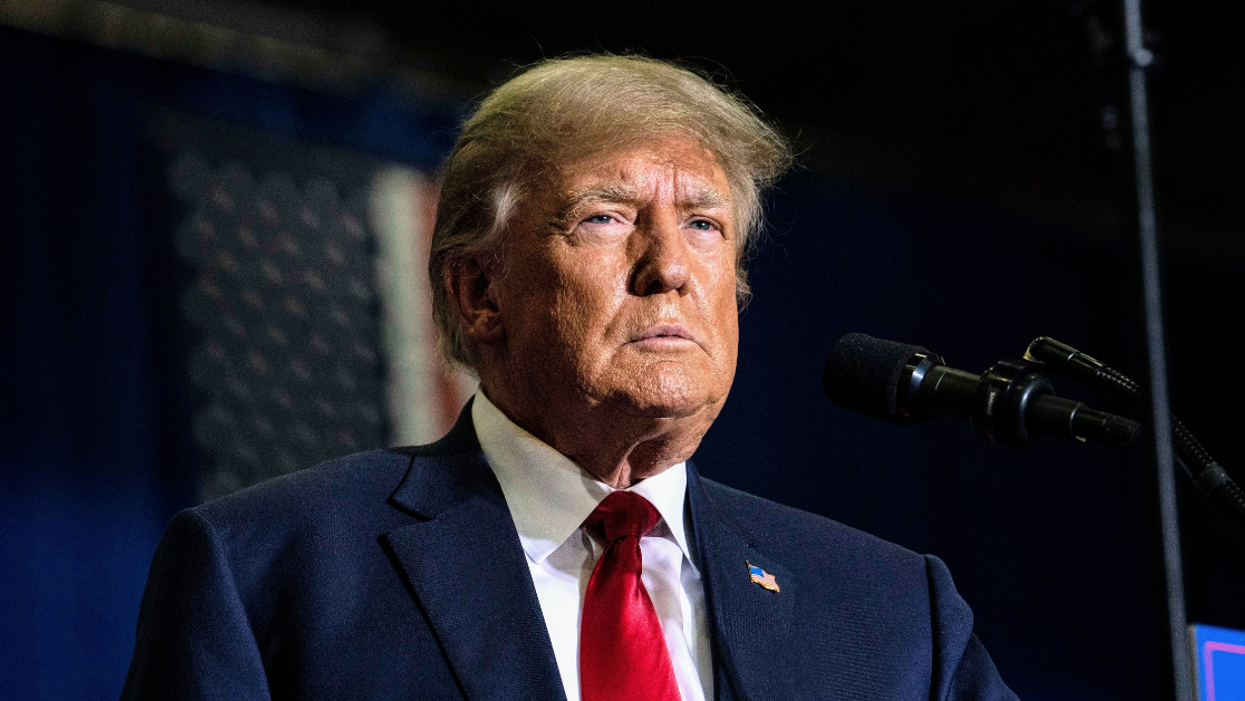








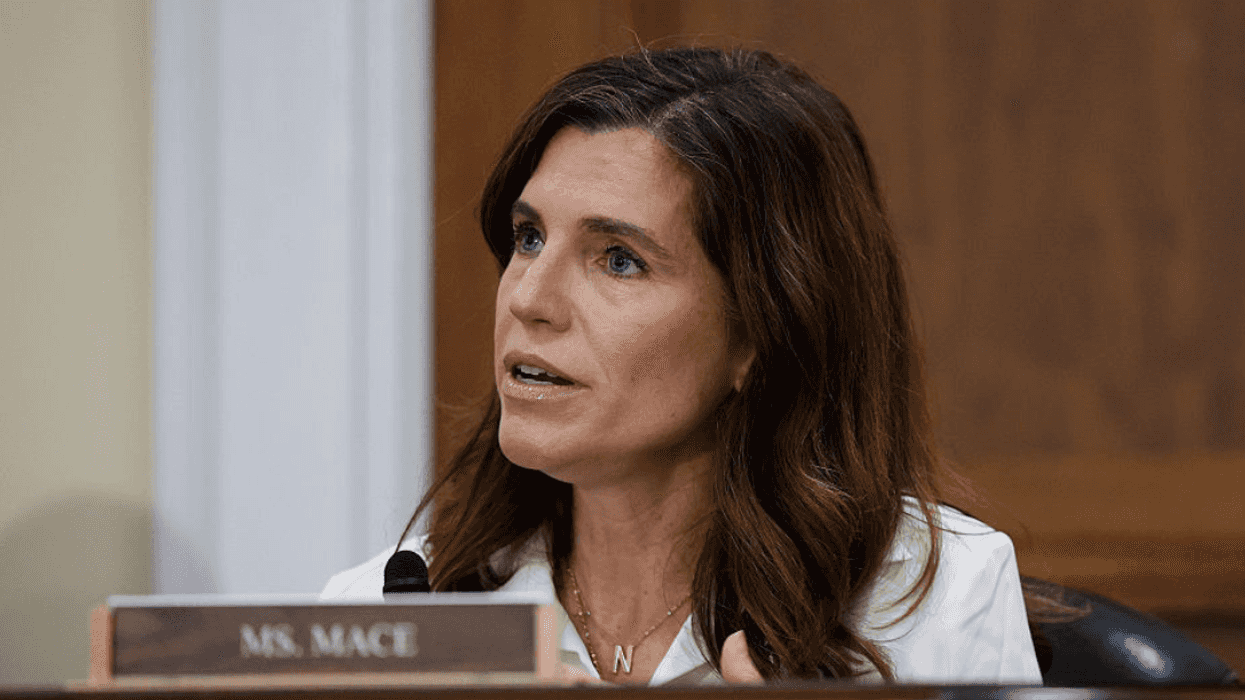
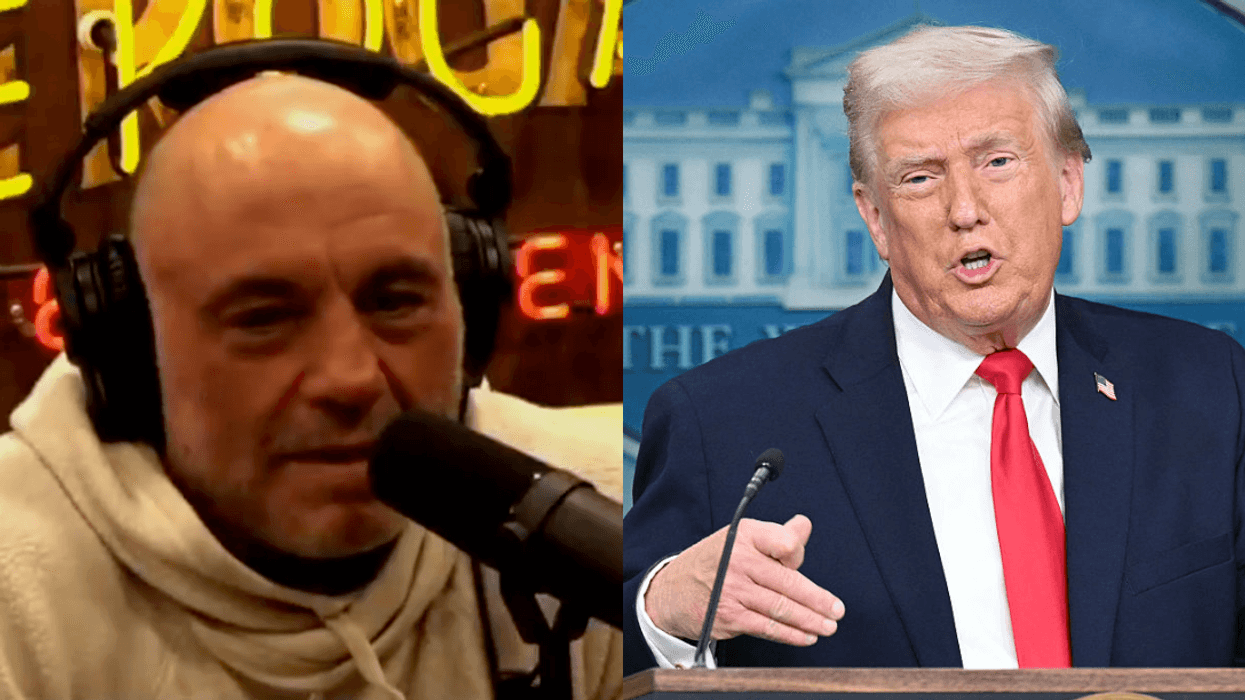


 Awkward Pena GIF by Luis Ricardo
Awkward Pena GIF by Luis Ricardo  Community Facebook GIF by Social Media Tools
Community Facebook GIF by Social Media Tools  Angry Good News GIF
Angry Good News GIF 
 Angry Cry Baby GIF by Maryanne Chisholm - MCArtist
Angry Cry Baby GIF by Maryanne Chisholm - MCArtist 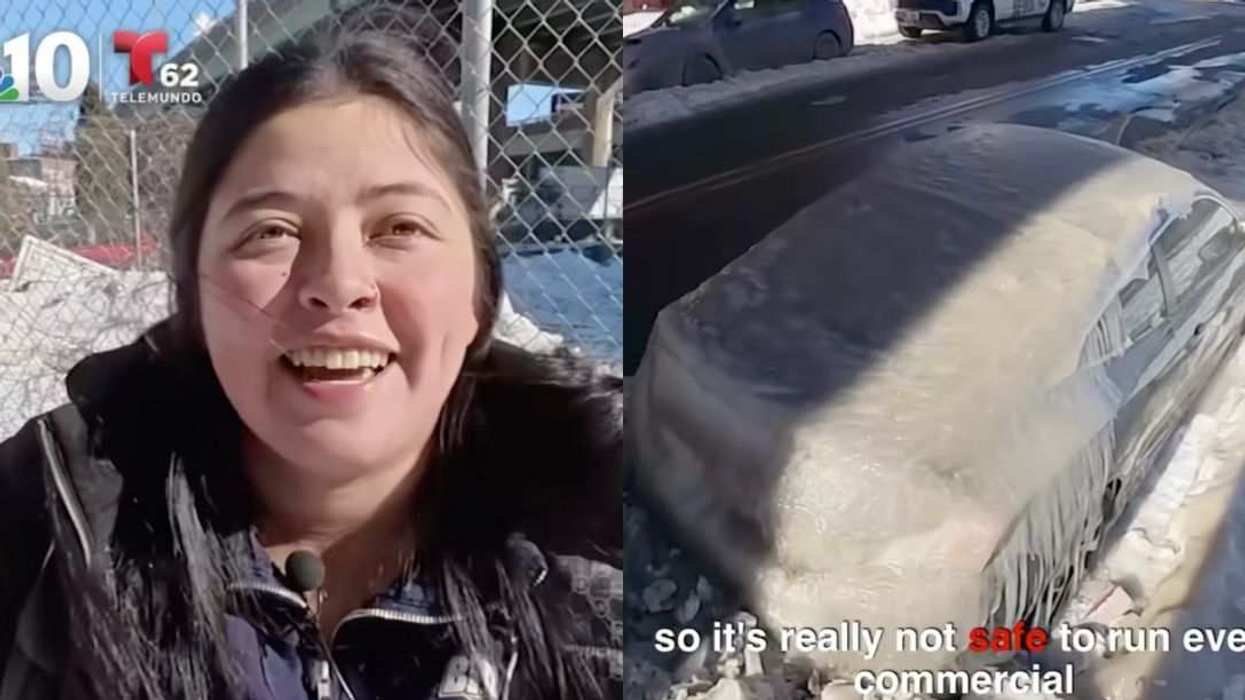
 @adriana.kms/TikTok
@adriana.kms/TikTok @mossmouse/TikTok
@mossmouse/TikTok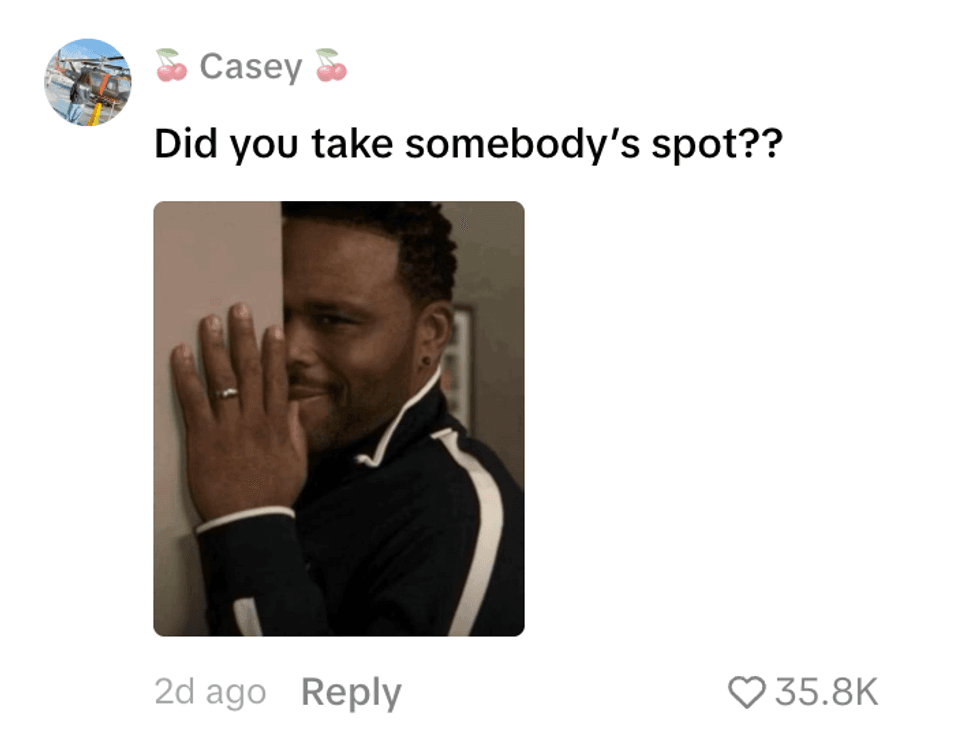 @im.key05/TikTok
@im.key05/TikTok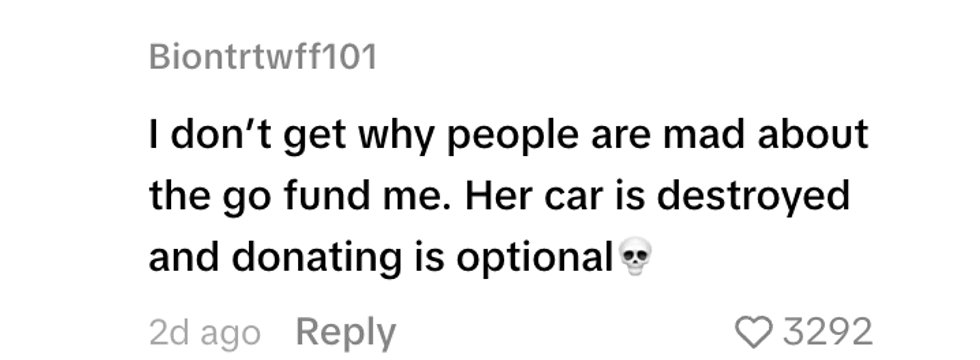 @biontrtwff101/TikTok
@biontrtwff101/TikTok @likebrifr/TikTok
@likebrifr/TikTok @itsashrashel/TikTok
@itsashrashel/TikTok @ur_not_natalie/TikTok
@ur_not_natalie/TikTok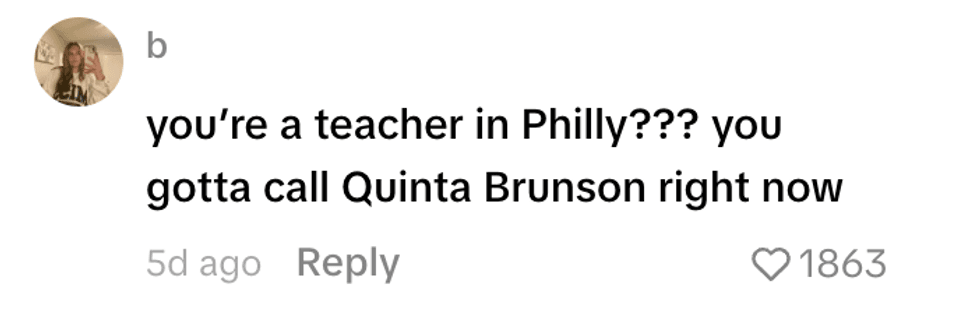 @rbaileyrobertson/TikTok
@rbaileyrobertson/TikTok @xo.promisenat20/TikTok
@xo.promisenat20/TikTok @weelittlelandonorris/TikTok
@weelittlelandonorris/TikTok @katiebullit/TikTok
@katiebullit/TikTok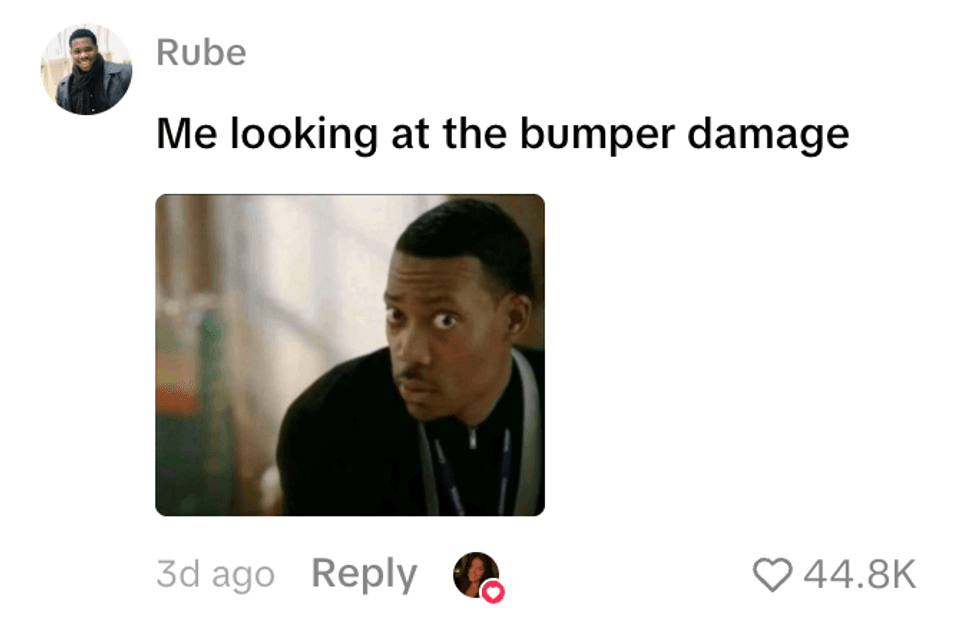 @rube59815/TikTok
@rube59815/TikTok
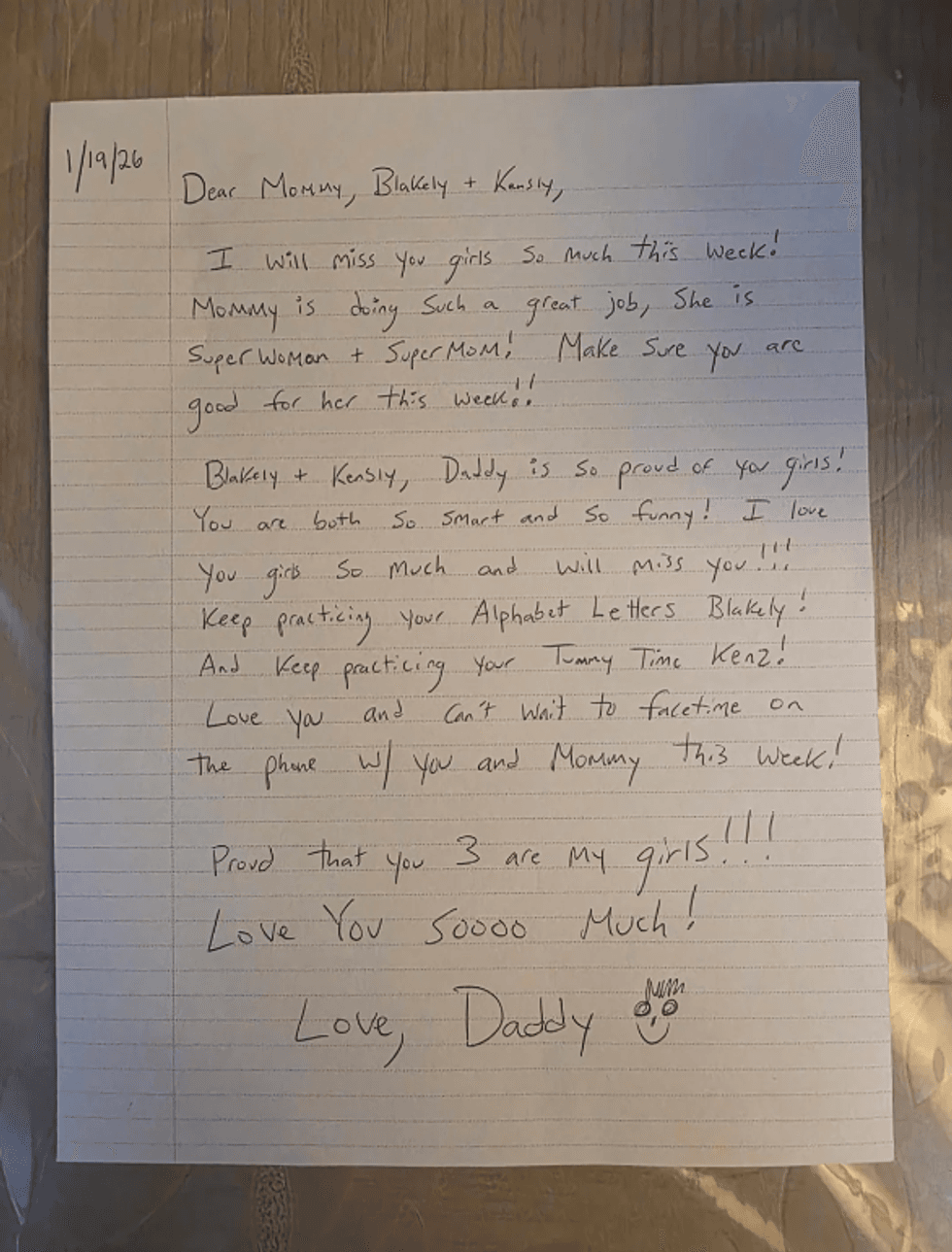 u/Fit_Bowl_7313/Reddit
u/Fit_Bowl_7313/Reddit